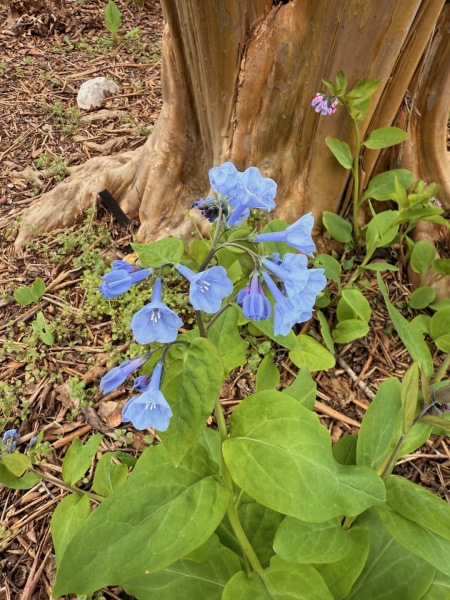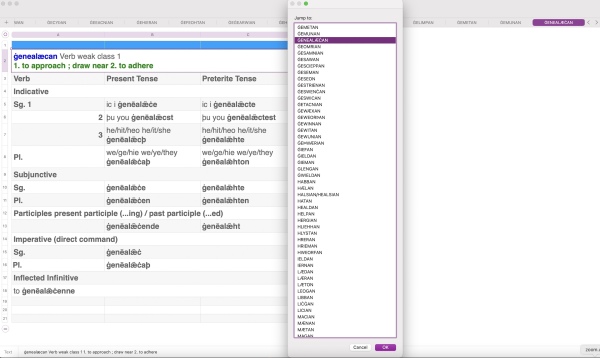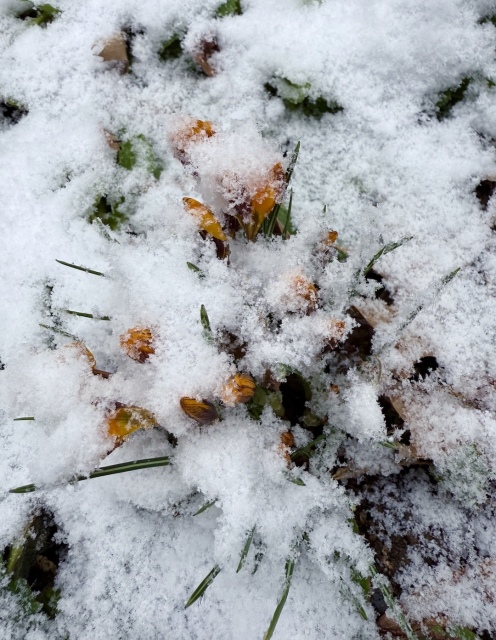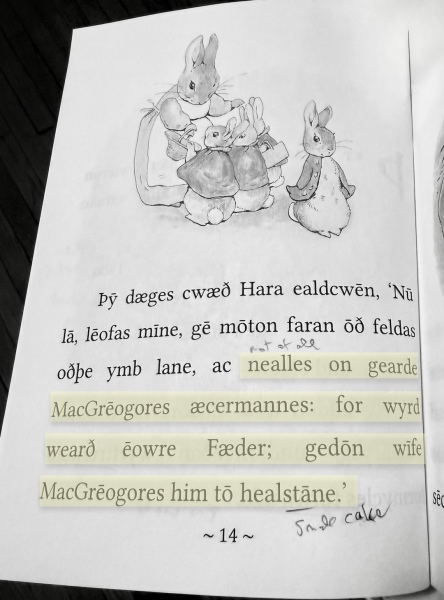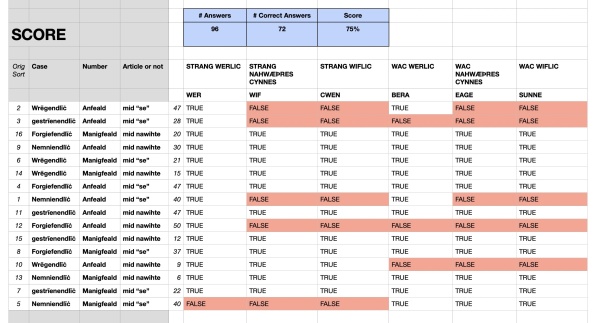Really, Ælfred?
4 Jul 2025 20:54My partner in class is procrastinating on our current lesson. It is pretty fricken' hard to read because the spelling is all over the place. Although spelling was a "roll your own" thing in Old English, this chapter is particularly hard!
So he's translating nursery rhymes and song lyrics instead of reading Ælfred's preface to the Cura Pastoralis
Here he sent the first verse of Mary Had a Little Lamb, which I thought was fun. His rhythm was great until the last line lol --
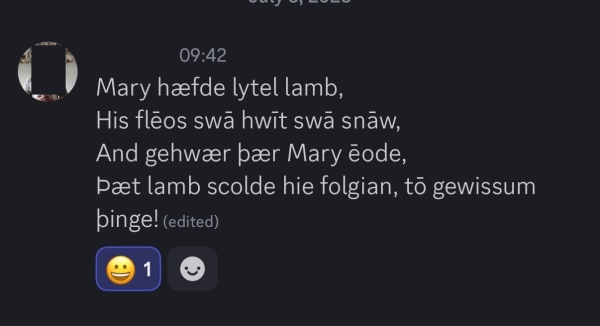
Translating back --
"Mary had a little lamb,
Its fleece as white as snow,
And everywhere there Mary went,
That lamb should her follow, for sure!"
And so I answered back w/ the 2nd verse --

"It her followed to instruction one day
Which was against the rule
And the children were happy and played
To see the lamb at instruction!"
The Discord channel is turning out to be pretty decent for the class!
The music of the sixties predated me, but listening to some Jefferson Airplane tonight --
So he's translating nursery rhymes and song lyrics instead of reading Ælfred's preface to the Cura Pastoralis
Here he sent the first verse of Mary Had a Little Lamb, which I thought was fun. His rhythm was great until the last line lol --

Translating back --
"Mary had a little lamb,
Its fleece as white as snow,
And everywhere there Mary went,
That lamb should her follow, for sure!"
And so I answered back w/ the 2nd verse --

"It her followed to instruction one day
Which was against the rule
And the children were happy and played
To see the lamb at instruction!"
The Discord channel is turning out to be pretty decent for the class!
The music of the sixties predated me, but listening to some Jefferson Airplane tonight --



